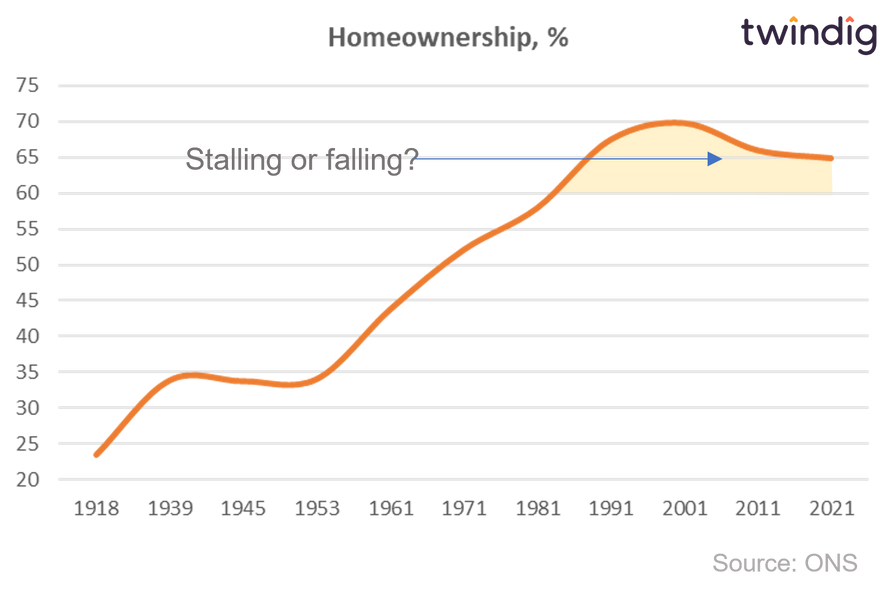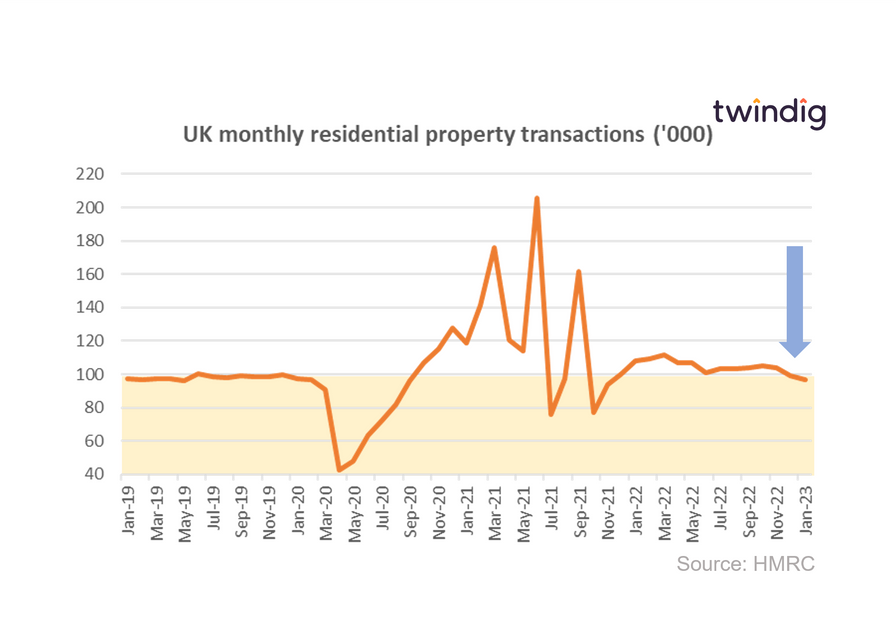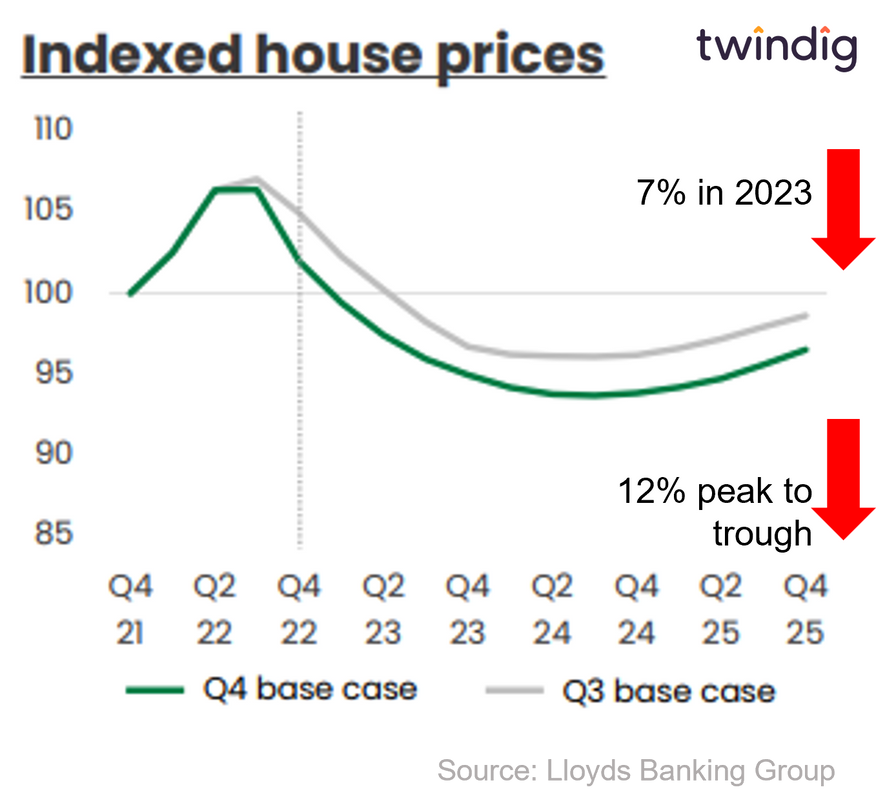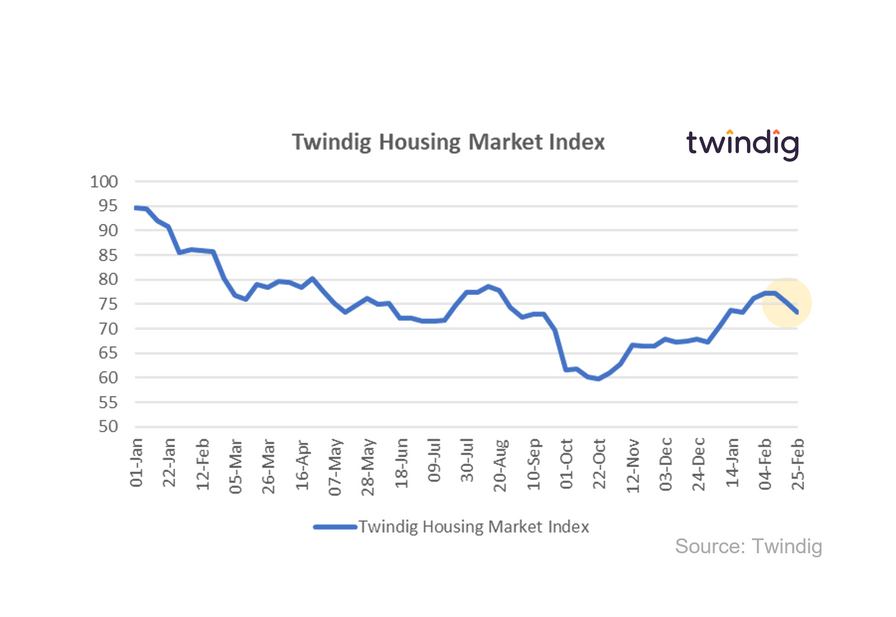Houselungo 26 Feb 23

Are we living in an inheritocracy?

In a recent article in The Times, Tom Calver eloquently argued that the UK Housing market has become an inheritocracy, where your chances of winning or losing in the housing market are determined by whether or not your parents own their home.
We believe that housing wealth inequality will worsen with homeownership levels, at best stalling and at worst falling. In our view, an inheritocracy is bad for both the economy and society. However, we believe there is a way to increase opportunity for all and turn the inheritocracy into an oppocracy, where the haves can help themselves and help the have-nots.

The problem: house prices divorced from wages
Homes were never meant to be financial assets, but now they are it is almost impossible to turn them back into mere homes.
The reality is that homes are now both a source of physical and financial shelter, and given that reality, we believe in the social good of homeownership. The social good is the accumulation of wealth in our earlier years that can be used to fund our later years and reduce our reliance on the state.
However, the intergenerational transfer of assets, in particular our homes, creates an unlevel playing field, giving the advantage to those whose parents have wealth to transfer. As these transfers play out over successive generations, we believe that wealth inequalities widen to the detriment of society and the economy.
Housing transactions resilient in January

HMRC released provisional housing transaction data for January 2023 this week
What they said
Housing transactions in January 2023 were 95,650
This is 2.6% lower than in December 2022
This is 10.6% lower than in January 2022
Twindig take
In our view, housing transactions were surprisingly robust in January 2023. The current run rate of 96,650 implies an annual total of 1.16 million which is only 8% lower than the total for 2022, a far cry from our prediction that housing transactions will fall by 20% this year.
However, it is very early days and we are not going to change our forecast for the year on the basis of one month's figures (which themselves are subject to revisions).
The bears will argue that we have yet to see the full impact of the September mini-budget in the figures and they have a point. Housing transactions are taking longer to complete, and mortgages are harder to secure, therefore the drop in activity may not be seen in the data until the February and March data is released.
A tale of two house price Charlies
Following last week's podcast where Charlie Lamden predicted peak to trough house prices faIls of 35% we look at another Charlie's predictions. This week Charlie Nunn the CEO of the UK's largest mortgage lender Lloyds Banking Group, predicted that the peak-to-trough fall will only be 12%, so which Charlie is right? Lamden, Nunn or neither?

Where are house prices falling the most?

The biggest house price losers last month were in East Dunbartonshire where average house price dropped by 4.6%.
In second place came Kensington and Chelsea, where house prices fell by 4.5%, and in third place, with prices down by 3.9%, was Swansea.
To see the bigger picture hit read more below
Twindig Housing Market Index

In the week that saw housing transactions fall slightly, but remain surprisingly robust and The Times ask if the UK housing market has become an inheritocracy, the Twindig Housing Market Index fell by 2.6% to 73.5.
Although housing transactions were, in our view robust, many residential investors are concerned about the level of housing transactions in the months to come as we see the full impact of last September's mini-budget on housing transactions.
Other investors had dug into the detail of Lloyds Banking Group's 2022 Annual Report which was published this week and noted that although they are only predicting house price falls of 7% this year and a peak-to-trough fall of 12%, their base case forecasts have worsened slightly since their Q3 2022 forecasts.